Palestine and the Global South: Lessons from Anti-Colonial and Anti-Apartheid Struggles
This session will delve into the support for Palestinian rights to self-determination from centers of state power in the Global South. The session will draw on comparisons from anti-colonial and anti-apartheid struggles to provide valuable insights directly applicable to the Palestinian context.

Ryan Grim (Moderator)
Ryan Grim is the co-founder of Drop Site News and the host of the podcast Deconstructed. He was previously D.C. Bureau Chief for The Intercept and the Washington bureau chief for HuffPost, where he led a team that was twice a finalist for the Pulitzer Prize and won once. He edited and contributed reporting a to groundbreaking investigative project on heroin treatment that not only changed federal and state laws but also shifted the culture of the recovery industry. The story, by Jason Cherkis, was a Pulitzer finalist and won a Polk Award. He has been a staff reporter for Politico and the Washington City Paper and is a co-host of the show Counter Points. He is the author of the books We’ve Got People (2019), This Is Your Country on Drugs (2009), and The Squad: AOC and the Hope of a Political Revolution (2023).

Muhannad Ayyash
Muhannad Ayyash is a Professor of Sociology at Mount Royal University. He is also a policy analyst at Al-Shabaka: The Palestinian Policy Network. He is the author of A Hermeneutics of Violence (UTP, 2019). He has published several academic articles on topics such as political violence, Zionism and colonial modernity, vaccine apartheid, anti-Palestinian racism, and Palestinian decolonial movements in journals such as the European Journal of International Relations, the European Journal of Social Theory, Distinktion, Critical Sociology, and Middle East Critique. He has co-edited two books, the most recent with Jeremy Wildeman titled, Canada as a Settler Colony on the Question of Palestine. He is also the author of multiple book chapters, and has written opinion pieces for Al-Jazeera, The Baffler, Middle East Eye, Mondoweiss, and The Breach, among others.
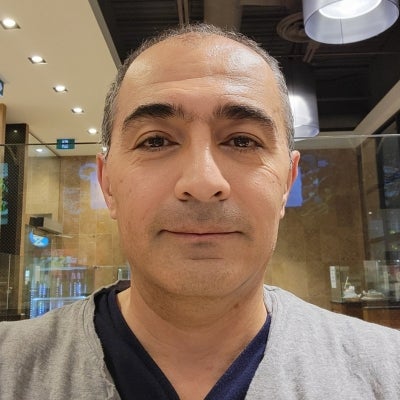
Nader Hashemi
Nader Hashemi is the Director of the Alwaleed Center for Muslim-Christian Understanding and an Associate Professor of Middle East and Islamic Politics at the Edmund A. Walsh School of Foreign Service at Georgetown University. Dr. Hashemi was previously the founding Director of the Center for Middle East Studies at the Josef Korbel School of International Studies at the University of Denver. While there, he was also Co-Director of the Religion and International Affairs certificate program, as well as the Political Theory Initiative. His intellectual and research interests lie at the intersection of comparative politics and political theory, in particular debates on the global rise of authoritarianism, religion and democracy, secularism and its discontents, Middle East and Islamic politics, democratic and human rights struggles in non-Western societies and Islam-West relations. He is the author of Islam, Secularism and Liberal Democracy: Toward a Democratic Theory for Muslim Societies (Oxford University Press, 2009) and co-editor of The People Reloaded: The Green Movement and the Struggle for Iran’s Future (Melville House, 2011), The Syria Dilemma (MIT Press, 2013), Sectarianization: Mapping the New Politics of the Middle East (Oxford University Press, 2017) and a four-volume study on Islam and Human Rights: Critical Concepts in Islamic Studies (Routledge, 2023). His new book is called “The Global Divide over Israel and Palestine.” He is also a Non-Resident Fellow at Democracy for the Arab World Now (DAWN).
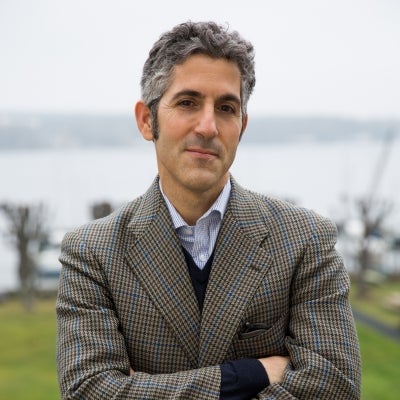
Ussama Makdisi
Ussama Makdisi is Professor of History and Chancellor’s Chair at the University of California Berkeley. He was previously a Professor of History and the first holder of the Arab-American Educational Foundation Chair of Arab Studies at Rice University in Houston. In 2012-2013, he was an invited Resident Fellow at the Wissenschaftskolleg zu Berlin (Institute for Advanced Study, Berlin). The Carnegie Corporation named Makdisi a 2009 Carnegie Scholar as part of its effort to promote original scholarship regarding Muslim societies and communities, both in the United States and abroad. Makdisi was awarded the Berlin Prize by the American Academy of Berlin. His most recent book Age of Coexistence: The Ecumenical Frame and the Making of the Modern Arab World was published in 2019 by the University of California Press. He is also the author of Faith Misplaced: the Broken Promise of U.S.-Arab Relations, 1820-2001 (Public Affairs, 2010). His previous books include Artillery of Heaven: American Missionaries and the Failed Conversion of the Middle East (Cornell University Press, 2008), which was the winner of the 2008 Albert Hourani Book Award from the Middle East Studies Association, the 2009 John Hope Franklin Prize of the American Studies Association, and a co-winner of the 2009 British-Kuwait Friendship Society Book Prize given by the British Society for Middle Eastern Studies. He is also the author of The Culture of Sectarianism: Community, History, and Violence in Nineteenth-Century Ottoman Lebanon (University of California Press, 2000). Makdisi co-hosts a new podcast called Makdisi Street.
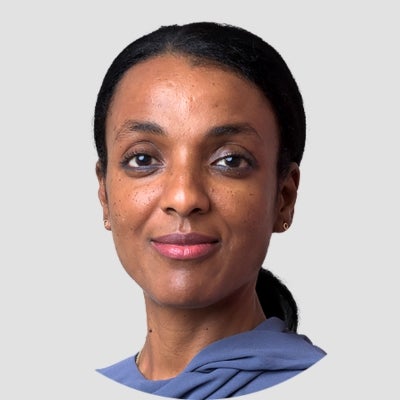
Nesrine Malik
Nesrine Malik is an acclaimed British Sudanese author and journalist known for her wide-ranging commentary on issues of race, identity, politics, and international affairs. Her book We Need New Stories: Challenging the Toxic Myths Behind Our Age of Discontent (2019) critiques the narrative foundations of increasingly intolerant and authoritarian politics in Britain and the United States, exploring how once-fringe views have gone mainstream. Her columns in leading outlets including the Guardian, New York Times, and Washington Post address topics ranging from Islamophobia and feminism to African politics, with deep insights into the ways colonial and postcolonial legacies shape our contemporary world. Malik received the 2021 Robert B. Silvers Prize for Journalism.
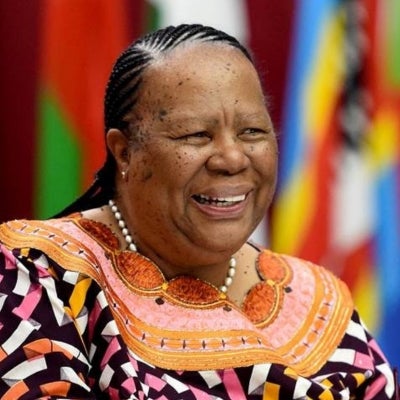
Grace Naledi Pandor
Grace Naledi Pandor is South Africa’s former Minister of International Relations and Cooperation from 2019-2024. She was part of the ministerial team of the cabinet of South Africa that initiated the genocide case against Israel at the International Court of Justice. She became an MP in 1994 and has amassed impressive experience in positions of public office, including Deputy chief whip of the ANC in the National Assembly from 1995 to 1998, served as the Deputy chairperson of the National Council of Provinces in 1998, and its Chairperson from 1999-2004. Her experience in education policy planning made her a welcome appointment as South Africa’s Minister of Education in 2004. She has been a member of cabinet ever since, and has served her country in the following portfolios: Minister of Education (2004-2009); Minister of Science and Technology (2009-2012); Minister of Home Affairs (2012-2014); Minister of Science and Technology (2014-2018); and Minister of Higher Education and Training (2018-19).
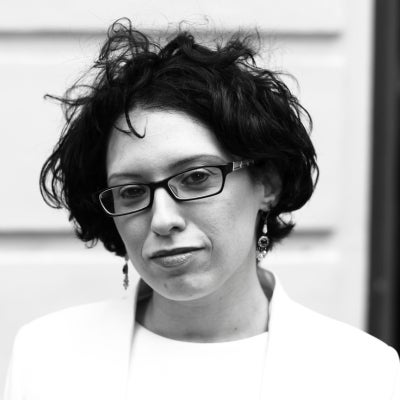
Lana Tatour
Lana Tatour is a Senior Lecturer in Global Development at the School of Social Science. She was the 2019–20 Ibrahim Abu-Lughod Postdoctoral Fellow at the Center for Palestine Studies at Columbia University. Her co-edited book, Race and the Question of Palestine, is forthcoming with Stanford University Press in 2025. She is also currently completing a monograph provisionally titled Ambivalent Resistance: Palestinians in Israel and the Liberal Politics of Settler Colonialism and Human Rights.